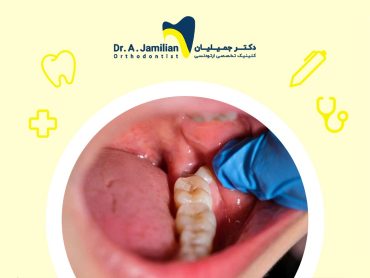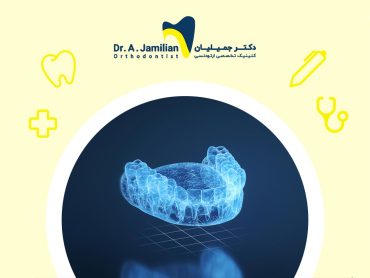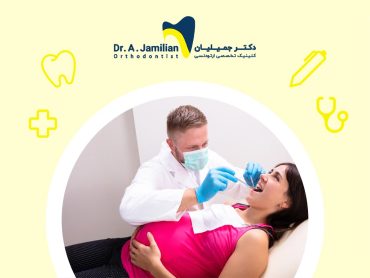Oral cancer is a very dangerous oral and dental disease which would cause premature death, if its treatment is not taken seriously. Oral cancer is categorised as a disease that leaves serious and destructive effects on the patient’s body in the shortest possible time. Since oral cancer metastases to other organs of our body including the tongue, palate and tongue, starting the treatment process in the shortest possible time is vitally important in this case.
Some subspecies of this disease not only can involve the mentioned organs, but they can directly damage lips, cheeks and the floor of the mouth. Mostly, the question is whether the oral cancer is lethal. As various studies conducted in this field indicate, since the rate of advancement and metastasis of this disease is very high, if the treatment procedure is not started immediately after the oral cancer begins, it would lead to death. Therefore, the most important thing you should know about this disease to avoid death in patients with oral cancer is an on-time diagnosis and then immediately to start the treatment process for such patients.
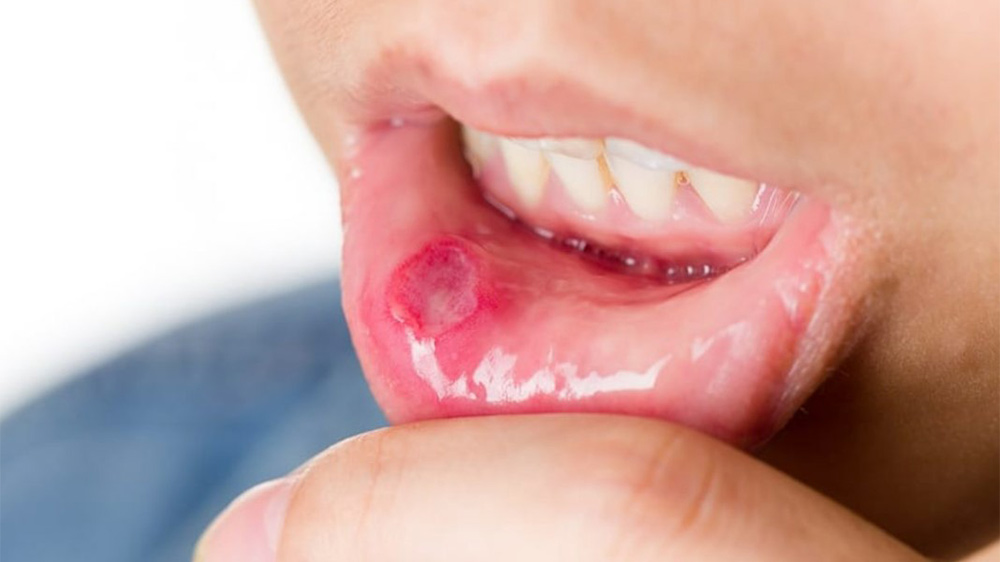
Symptoms of Oral Cancer
Various symptoms have been recognized in people who are suspected to have oral cancer, which will be discussed in detail later in this article. One of the most common symptoms of the oral cancer is oral sores which are very similar to Aphthous ulcers. However, what differentiates these sores from the aphthous ulcers is that the sores after two weeks not only get better or removed, but they would start to bleed. Another symptom of the disease is that a part of your mouth would be numb and senseless. Also the growth of an abnormal mass in your mouth is a very important sign and symptom and you should not let it go easily and upon noting such symptoms they need to visit a dentist ASAP. Various sorts of white and red inflammations are another serious symptom of oral cancer which must be taken very seriously, as well.
People with oral cancer often experience a great deal of pain and agony when they eat or swallow something. Another question you would intend to ask a specialist is whether oral cancer is contagious or not. Many studies have been conducted about oral cancer and none of them have verified that the disease is a contagious one. Some patients would complain about their changed voice or their itchy throat when they visit their doctor. Earache and excessive weight loss also can be symptoms by noting people may suspect of having oral cancer, so in such cases, they need to visit a doctor as soon as possible.
However, for a certain and final diagnosis and treatment of oral cancer, you need to visit what doctor and specialist?
Causes of Oral Cancer
Considering and analysing most patients with oral cancer makes it clear that certain wrong behaviours and habits and a non-standard lifestyle are among the most important causes of this very dangerous disease. Smoking, for instance, is a bad habit which increases several times the potential of oral cancer in people who smoke. As the authenticated studies demonstrate, smokers are six times more likely to get oral cancer than normal people, hence, we can easily conclude that abusing tobacco products like cigarettes, pipes, and hookahs would increase the risk of this disease several times. In general, the most important causes of oral cancer can be summarised as follows:
- Abusing tobacco products
- Drinking alcoholic beverages
- Family history and genetic factors
- Excessive exposure against the direct sunlight
- Getting human papilloma (HPV)
- Weak immune system
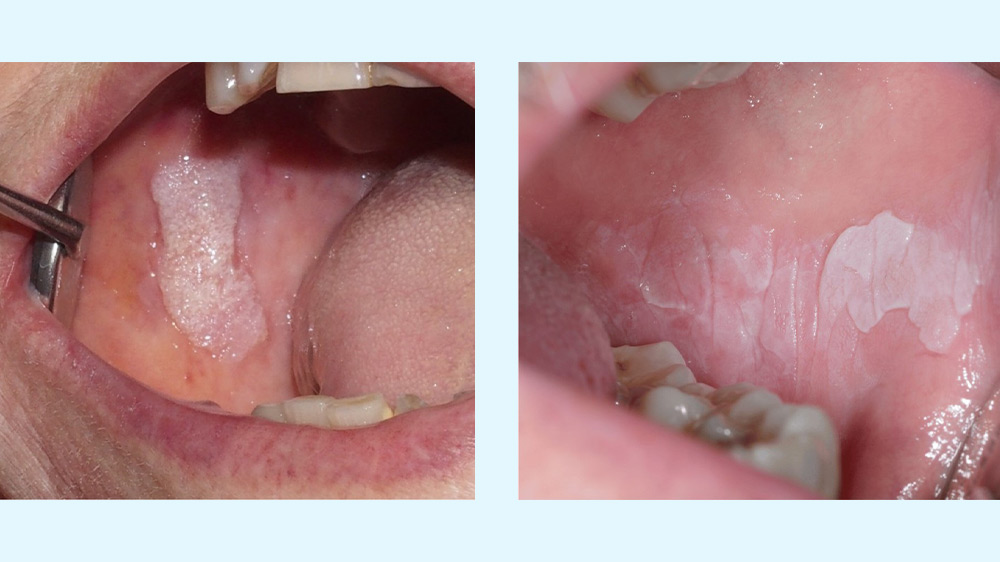
Treatment of Oral Cancer
The oral cancer can be treated using various methods. To treat this kind of cancer the standard methods used to treat other subspecies of cancer including physical tests and biopsy are used. Usually, immediately after diagnosis, doctors prescribe anti-carcinogenic medicines for their patients, who need to take the medicines exactly according to instructions they received from their doctor. As well as using medicines, chemotherapy is prescribed as a successful technique to cure and treat this disease. Also, in some cases, doctors would use surgery operations by which they extract the cancerous tissue from the patient’s mouth. Finally, to complete the treatment procedure, the cancerous cells remaining in the patient’s mouth will be removed using radiotherapy.
Both mouth and teeth often are threatened by a wide range of diseases, most of which are caused by failing to observe the instructions of oral and dental hygiene. If you follow the oral and dental hygienic principles and instructions meticulously, then your chance of getting such diseases will be decreased drastically. Fortunately, today, there are various medical techniques to cure such diseases, and patients can take advantage of them by visiting specialist doctors and following their advice.
How to avoid getting oral cancer?
Here we have listed a number of instructions you can follow to avoid getting oral cancer:
- Reducing abusing tobacco products (e.g. cigarettes, pipes, and hookahs)
- Reducing drinking alcoholic beverages
- Using sunscreen cream over your face
- Covering lips while sunbathing
- Injecting HPV vaccine to avoid getting HPV
- Proper food diet
- Regular dentistry checkups (20-40 years old people should do oral cancer screening every three years and people over 40 years old need to do it every year.)
Oral cancer FAQ
The answer to this question depends on several factors including the time of diagnosis, the proficiency and knowledge of the doctor who examines you, the severity of the disease and the cancerous tissue. However, the most important factor which can enhance the success rate of treatment of a patient is to be vigilant about symptoms and signs of oral cancer, as upon finding the initial symptoms, they should visit a specialist doctor to get rid of those symptoms ASAP.
Oral ulcers similar to aphthous ulcers are among the most common symptoms of oral cancer. Specifically, the ones not removed even after two weeks. As these begin to bleed, numbness of a part of the mouth, losing weight, feeling pain, and agony while eating and swallowing are
Diagnosis and treatment of oral cancer is the specialty of oral and dental specialist dentists, whom you can visit to start your treatment process.

